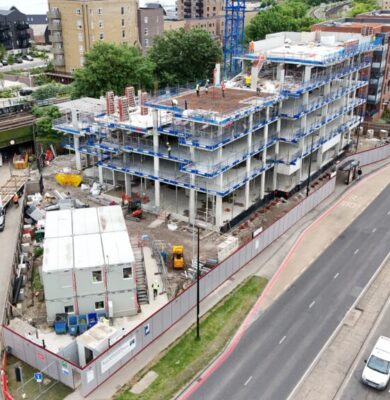
Induction
Inducting a workforce effectively is a critical process in the construction industry. A well-structured induction program ensures that new workers are aware of safety protocols, company policies, and their roles and responsibilities. This not only helps in minimizing accidents and improving safety but also in fostering a culture of compliance and productivity. In the UK […]

PPE
The construction industry is inherently risky, with workers frequently exposed to hazards such as falling objects, sharp materials, and dangerous machinery. Personal Protective Equipment (PPE) is essential in mitigating these risks and safeguarding workers’ health and safety. This blog post explores the principles, legal requirements, and best practices for ensuring the provision of PPE to […]
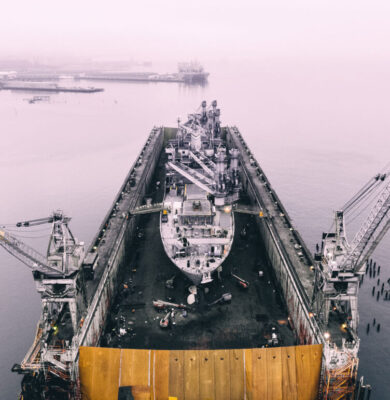
Site Arrival
The arrival of a workforce at a construction site marks the beginning of critical daily operations. Ensuring this process is well-managed is essential for safety, efficiency, and compliance with legal requirements. The UK construction industry, known for its rigorous safety standards, has established principles and best practices to manage workforce arrival effectively. This blog post […]
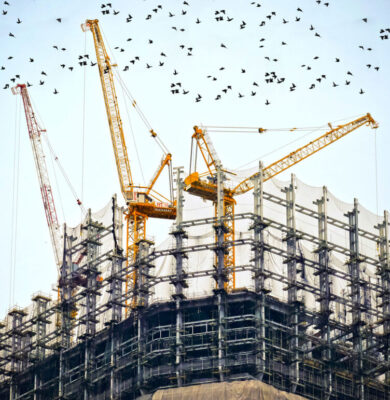
Access/Egress
Access and egress are fundamental aspects of workplace safety in the construction industry. Proper management of these elements ensures that workers can enter and exit work areas without encountering hazards, which is crucial for maintaining safety standards and preventing accidents. This blog post explores the principles, legal requirements, and best practices for ensuring safe access […]
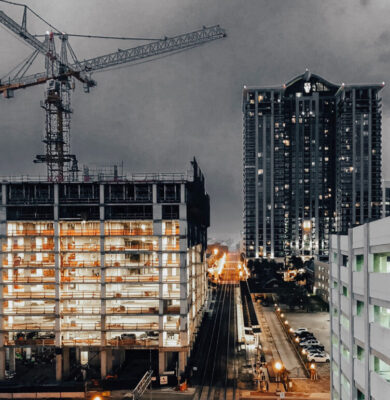
Traffic Management
Traffic management on construction sites is a critical aspect of ensuring safety and efficiency. With the complexity and dynamic nature of construction projects, it is vital to control the movement of vehicles and pedestrians to prevent accidents and promote smooth operations. This blog post explores the principles, legal requirements, and best practices for effective traffic […]
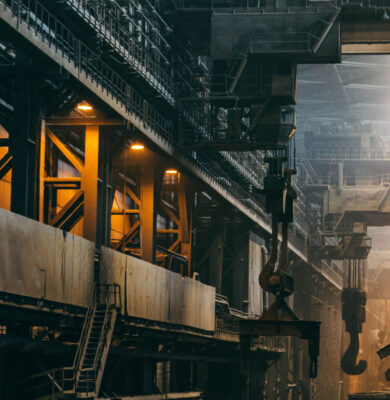
People, Plant Interface
The interface between people and plant (machinery and vehicles) on construction sites poses significant risks. Proper management of this interface is crucial to ensure the safety of workers and the efficiency of operations. This blog post explores the principles, legal requirements, and best practices for managing the interaction between people and plant on construction sites […]

Electrical Safety
Electrical safety is a critical aspect of construction site management. Proper handling and management of electrical systems can prevent accidents, injuries, and fatalities, ensuring a safe working environment. This blog post explores the principles, legal requirements, and best practices for electrical safety on construction sites in the UK. Principles of Electrical Safety Risk Assessment Conducting […]
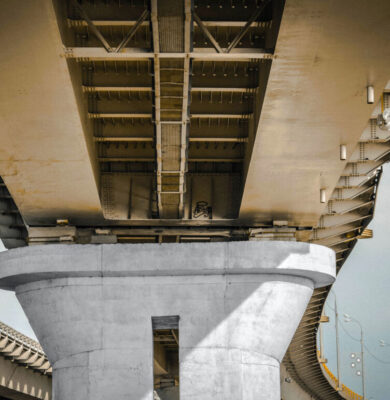
Manual Handling
Manual handling is a significant concern in the construction industry due to the physical nature of the work and the potential for injuries. In the UK, it is governed by strict regulations to ensure the safety and well-being of workers. This blog post aims to outline the principles, requirements, and best practices for manual handling […]
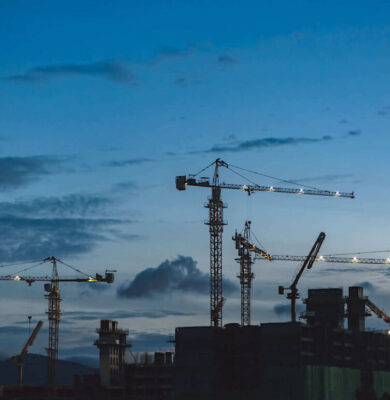
Welfare Facilities
Providing adequate welfare facilities on construction sites is not only a legal requirement but also a fundamental aspect of ensuring the health, safety, and well-being of all workers. Proper welfare facilities can enhance productivity, improve morale, and reduce health risks. This blog post explores the principles, legal requirements, and best practices for providing welfare facilities […]
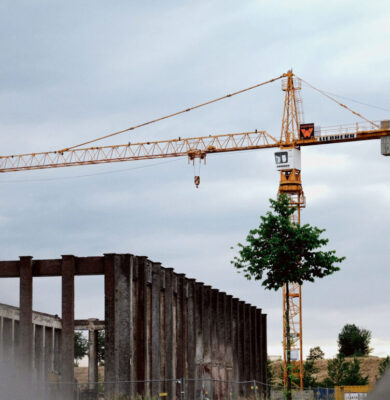
Work At Height
Working at height is a common yet hazardous activity in the construction industry. Falls from height are one of the leading causes of workplace fatalities and serious injuries. In the UK, stringent regulations and best practices are in place to mitigate these risks and ensure the safety of workers. This blog post explores the principles, […]
